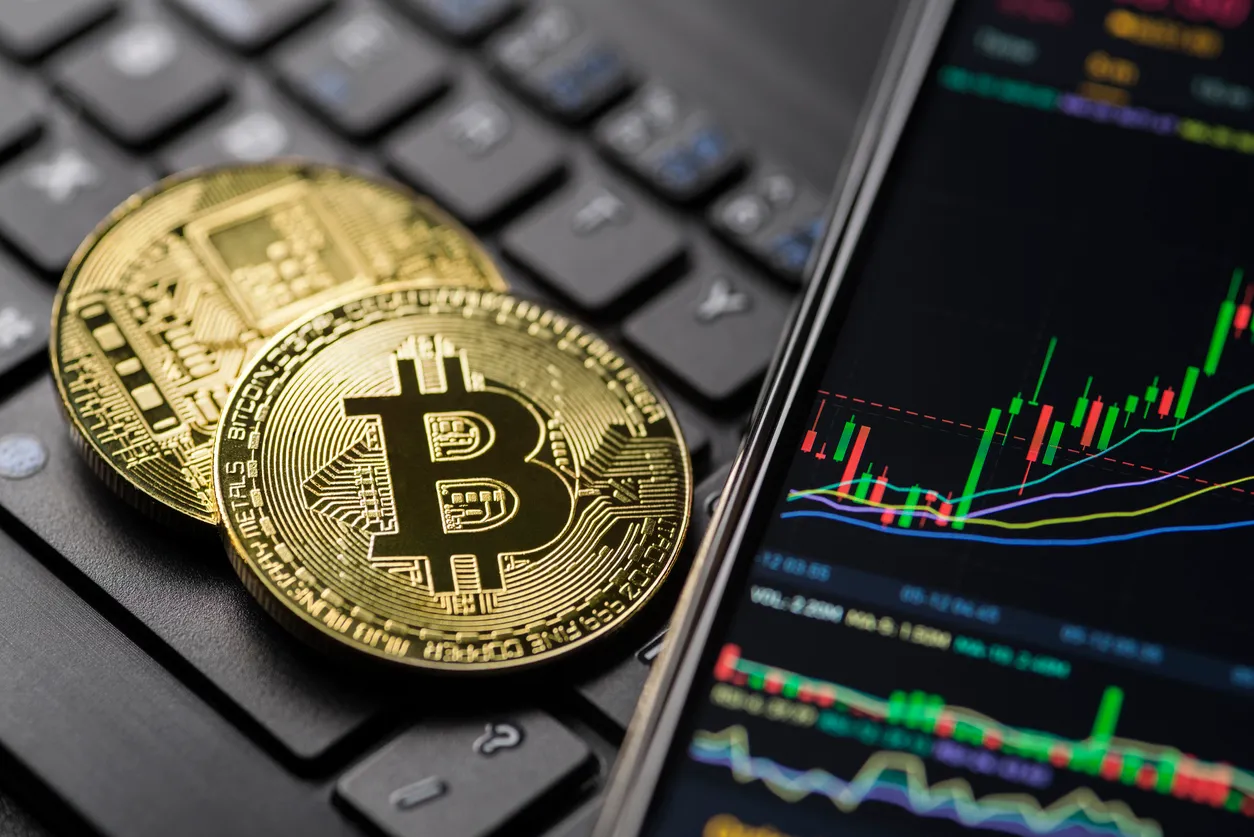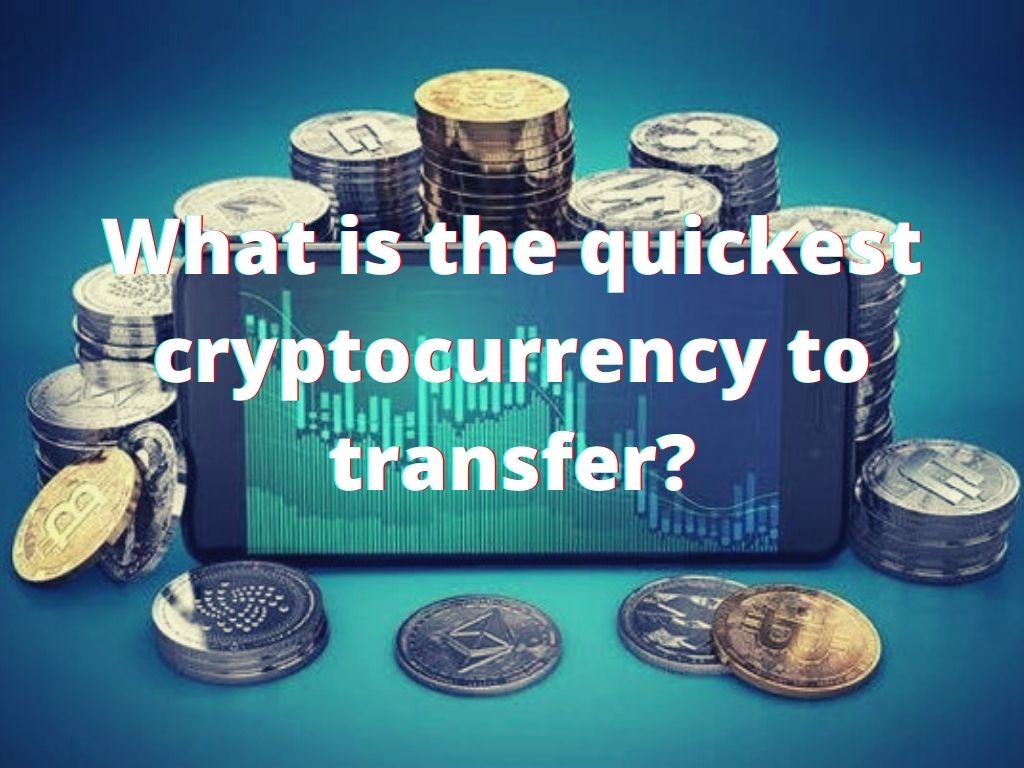
Does crypto transaction speed matter?
- April 13, 2022
- 0
How fast is a blockchain network and why does it matter? First, we must understand that all blockchains are in fact a sort of database. So, we can’t measure their speed by bits per second like Internet speeds are gauged.
Being a huge, decentralized database, blockchain networks check their speed by Transactions per Second (TPS). A centralized database, like traditional banking systems, due to the way its infrastructure is built can reach speeds of 1500-2000 TPS.
Bitcoin, the grandfather of all crypto tokens, can barely reach the speed of 5 TPS, as all transactions are logged on the chain every 10 minutes. Ethereum network, being another of the ancient blockchain networks, can reach 2x or 3x the speed of Bitcoin, depending on the time of day.
So, what is the quickest cryptocurrency to transfer?
Newer networks have faster transactions speeds. The newer the network the faster its speed. This is because each new blockchain is built with customer needs in mind, and with the more massive adoption, users will be ever hungry for faster networks, faster transactions.
Litecoin
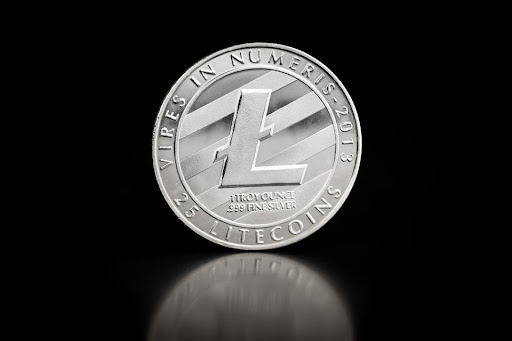
Litecoin is one of the first altcoins. It is nearly identical to Bitcoin, being a fork in the development. It has four times greater circulating supply, but also faster block processing time. The algorithm to create blocks is more advanced, which makes mining more complex, but potentially more rewarding. Litecoin transaction time is four times faster than Bitcoin, processing each block every 2.5 minutes, making its effective transaction time around 20 TPS.
Cardano

Cardano is one of the most popular blockchain networks. It is also one of the projects that deliberately decided to take the slower route in development. They are slowly building the real use case of their ADA token, bringing in DApps, NFTs, as the network matures.
That’s why the mainnet of Cardano has a modest speed of 250 TPS. However, developers already considered scaling options, so they’ve built a scaling solution named Hydra. It is designed to take the burden off the main chain and distribute it to off-chain ledgers, speeding up the overall network with each additional Hydra’s “head”. By utilizing this scaling option, Cardano has managed to up their speed to 1000 TPS per “head”, significantly boosting the transactions.
Avalanche
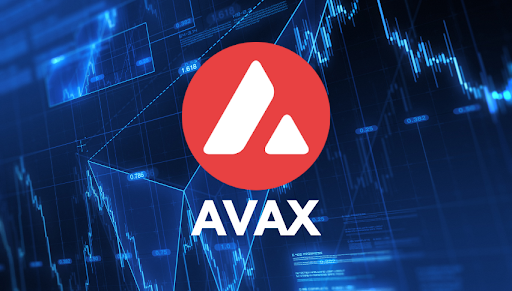
Avalanche started off trying to solve the problem of consensus in a network of unreliable nodes. What if a network has computers that crash, or can’t complete the consensus protocol? Therefore Avalanche is even today one of the safest networks to use. How’s their crypto transaction speed, though?
Avalanche is, like many other networks, still in development. Currently, it can push up to 4.500 TPS. However, the new layers indicate that this network has the potential to reach over 20.000 TPS.
Polygon
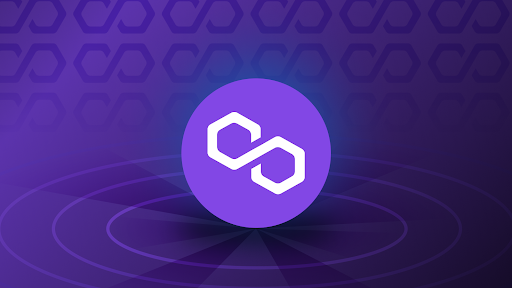
Polygon’s motto is: “Bring the world to Ethereum”. There are one of the first user-friendly Ethererum scaling and infrastructure development platforms. Even their native token, MATIC is an ERC-20 token that runs on the Ethereum network.
Like similar solutions, Polygon deploys side-chains and different layers of operation to address some issues of Etherium. These mainly relate to scalability, security, speed, and transparency. With its unique layer for proof of stake layer and high-throughput blockchain, it can reach the speeds of 10.000 TPS on their main chain, with a theoretical speed of 65.000 TPS on the side-chain.
Solana

If you want the fastest crypto transfer, Solana is your network . Solana is becoming a go-to solution for all NFT projects, due to the network’s low fees and speed. They sport a unique proof of stake with proof of history protocols which improves scalability without making a dent in decentralization or network security. Solana is also very attractive to game developers which spells great potential for the future growth of this blockchain.
For a long time, Solana was the fastest cryptocurrency, at 65.000 TPS. However, the popularity of the network saw 400.000 concurrent TPS, bringing the network down. In theory, Solana could handle 710.000 TPS, but it’s not yet fully unlocked. So finally we know which network has the quickest cryptocurrency to transfer.
Crypto transaction speed is not the king
The speed of a network is great to have, of course. But it is not a metric that will make or break a blockchain platform. It is more something of a curio. For example, the crypto with the fastest transaction time is Bitgert with 100.000 TPS, but no one has ever heard of that network.
Oh, and if you are looking for more fun facts about crypto, check this out!
To really grow a network, a use case is more important. Does the particular platform solve a problem? Currently, the biggest users in the crypto space are investors in DeFi, with NFT use cases growing in demand. But when the game industry catches up with blockchain technologies, that’s when both speeds and throughput will start to matter greatly.
This, of course, is not the financial advice, but do check out blockchain networks with gaming as their use case, as they can be expected to grow.
Christopher Burton. Serial blogger for many different sites. I write about marketing, technology, IT, food, and really everything that interests me. Blockchain and crypto are a new passion of mine, and this blog is all about getting started with this new world of digital assets.

